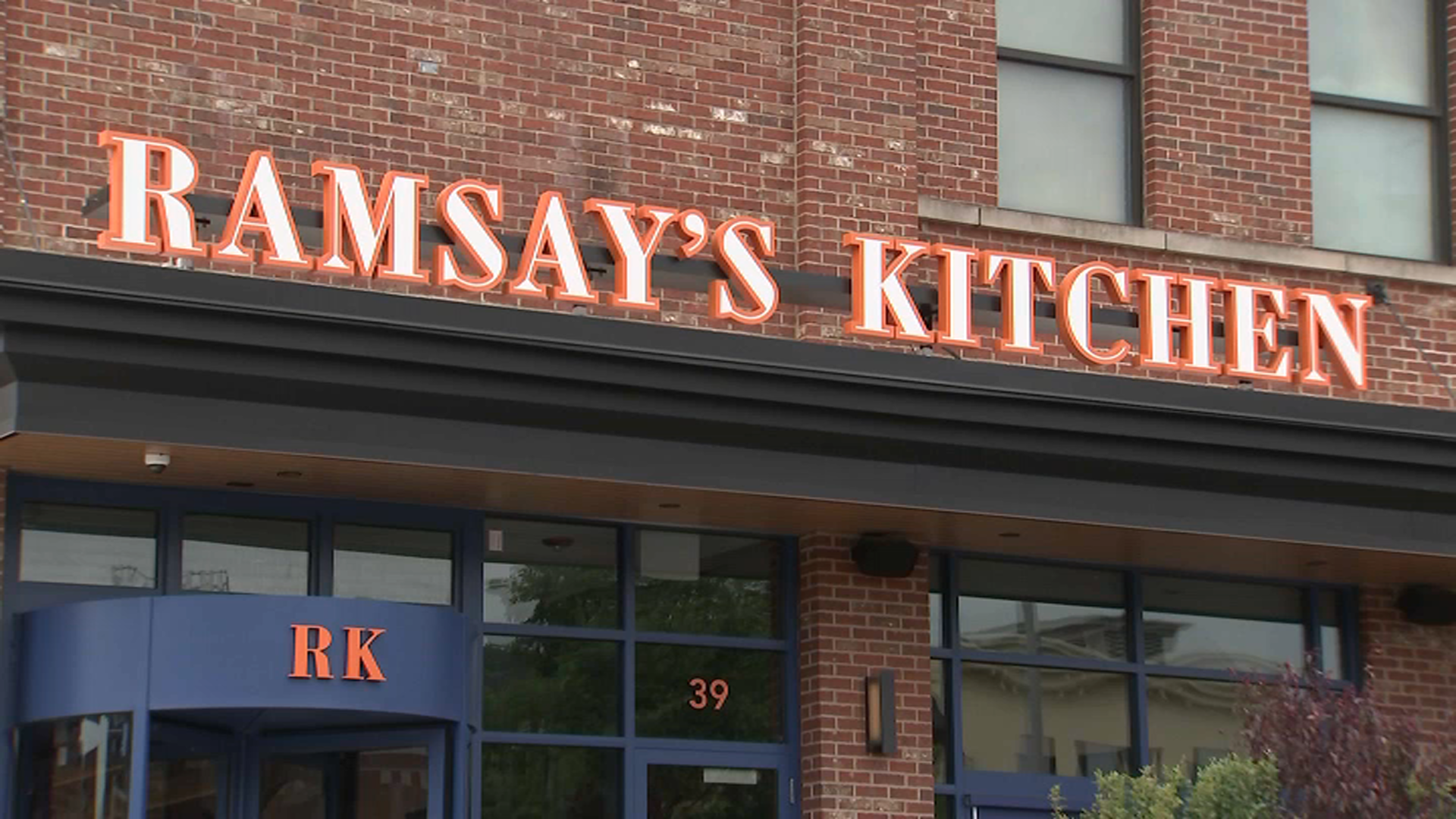A new report says a projected $160 billion in savings from recent pension reform legislation won't be enough to fix the state’s growing deficits.
The study, conducted by University of Illinois' Institute for Government and Public Affairs, says while the changes to the state's major public pension systems will eliminate their unfunded liability over the next 25 years, the state's deficit will increase to $13 billion during that time.
“Illinois has a chronic, structural fiscal problem so huge that it cannot be eliminated by increases in economic growth alone, increases in taxes alone, or—alas— aggressive pension changes alone,” the report by the Institute’s Fiscal Futures Project says. “The state still has a large structural imbalance after the pension changes.”
Without the pension fix, the project’s researchers projected a $14 billion deficit—$1 billion more than with pension legislation.
The study examined the state’s fiscal future both with and without a 2015 expiration of the current income tax hike supported by Gov. Pat Quinn and enacted in 2011. Even if the temporary increase is extended by lawmakers, the budget gap would only be eliminated by half, standing at $7 billion in 2025.
In fact, the governor’s own projections hardly paint a rosier picture.
A three-year general operating budget projection by the Governor’s Office of Management and Budget (GOMB) shows Illinois’ operating deficit expanding from $1.9 billion in fiscal year 2015 to a $4.6 billion hole in 2017. During the same period, the backlog of unpaid bills is projected to grow to $16.2 billion from $7.5 billion.
Local
In the next session of the General Assembly, slated to begin later this month, fiscal issues are expected to dominate. The agenda is likely to include what to do about the pending expiration of the temporary income tax, corporate tax incentives, Chicago pension reform and the possibility of a capital construction bill that could boost Gov. Pat Quinn's re-election bid.



